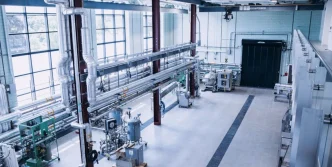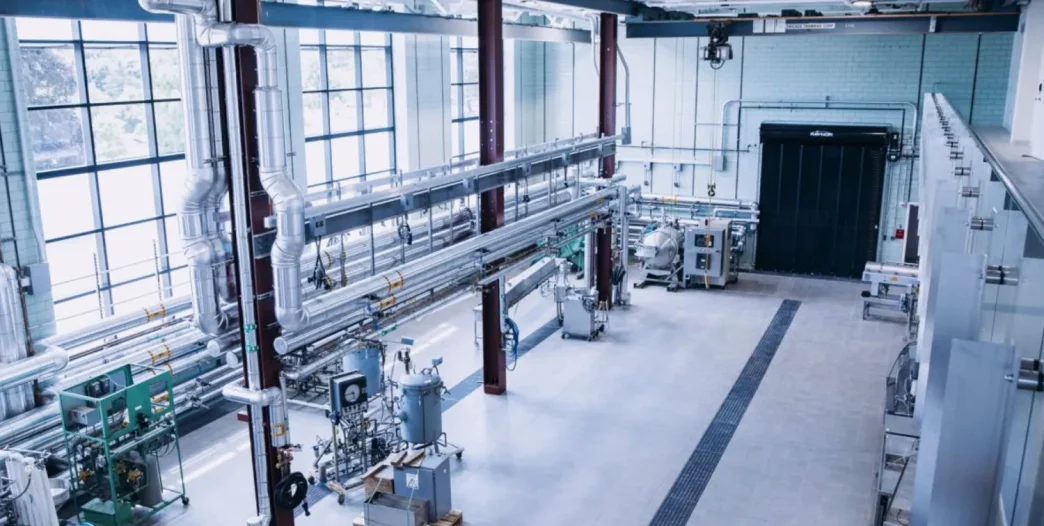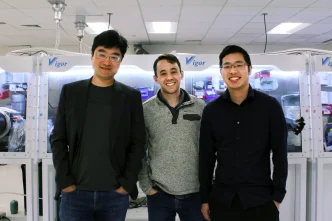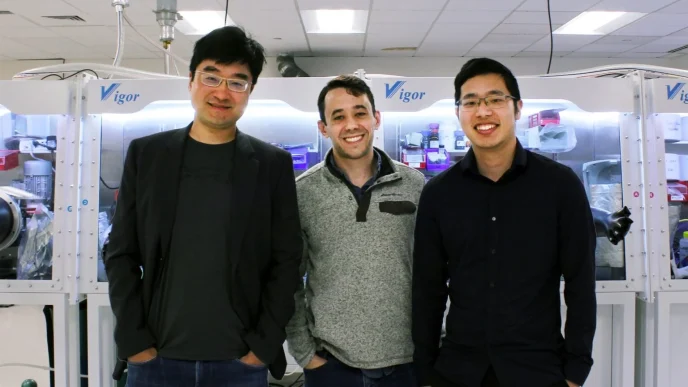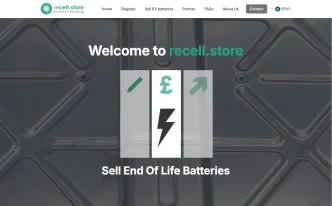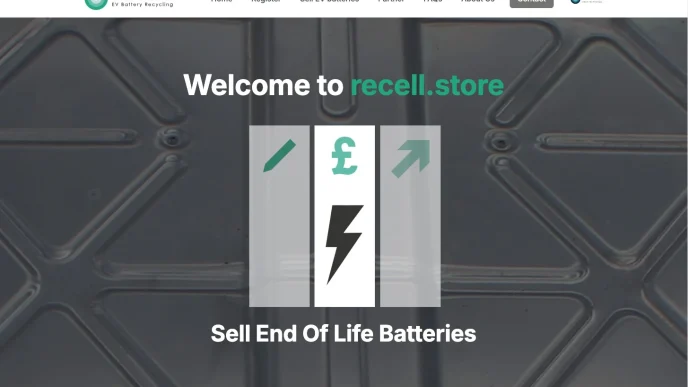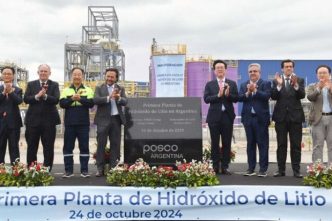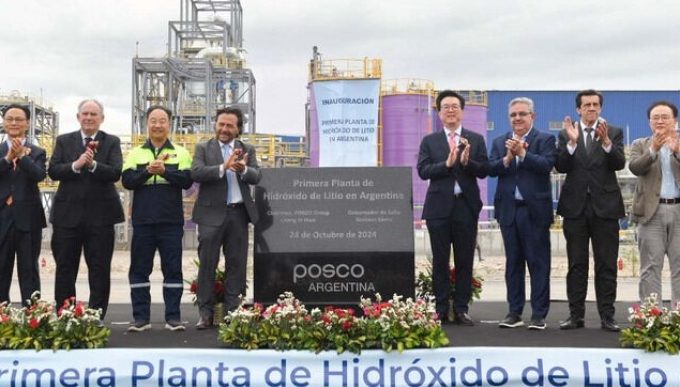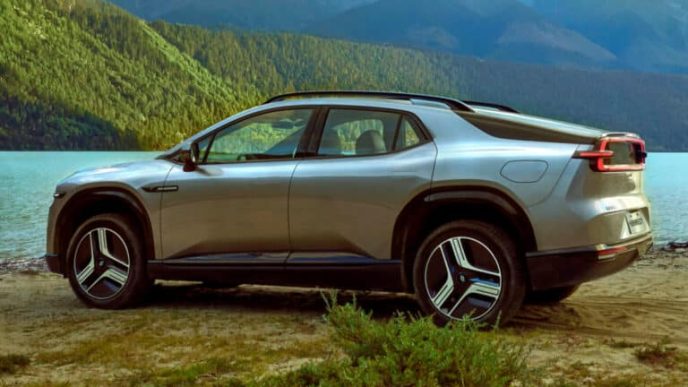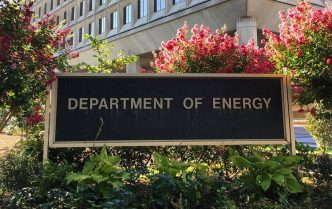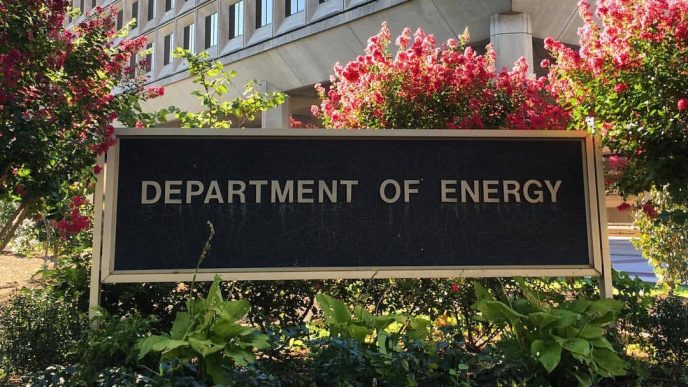Anthro Energy has been awarded a $24.9 million grant from the US Department of Energy (DOE) to enhance the domestic battery supply chain, marking a key step toward bolstering US electric vehicle (EV) production and clean energy efforts. The funding, granted through the Office of Manufacturing and Energy Supply Chains, is part of the Biden administration’s broader initiative under the Bipartisan Infrastructure Law to modernize infrastructure and foster clean energy innovation.
With this grant, Anthro Energy will repurpose an existing site in Louisville, Kentucky, to create the nation’s first large-scale, US-owned advanced electrolyte production facility. Advanced electrolytes play a crucial role in lithium-ion batteries, enhancing safety, longevity, and performance — particularly for innovations like silicon anodes and high-voltage cathodes, which are expected to drive the next phase of EV battery advancements.
The facility, anticipated to have a 25 GWh annual capacity, will produce 12,000 metric tons of advanced electrolyte each year. This represents a significant addition to the US battery supply chain, as there has previously been no large-scale, domestically owned producer of advanced electrolytes within the US. The Louisville site is projected to generate 114 permanent jobs and 390 temporary construction jobs, contributing to both local employment and broader energy independence.
Anthro Energy CEO David Mackanic highlighted the importance of the grant, calling it a “pivotal moment” for US battery manufacturing. “Establishing the nation’s first facility for domestic production of advanced electrolytes is a game-changer; it strengthens our energy independence, bolsters the battery supply chain, and propels us toward a clean energy economy,” Mackanic said.
The Louisville project will also invest $2.5 million in workforce development, education, and sustainability initiatives to benefit the local community. This aligns with the DOE’s long-term goals to develop a resilient clean energy economy and achieve net-zero emissions by 2050, while delivering economic and environmental benefits to disadvantaged communities.

